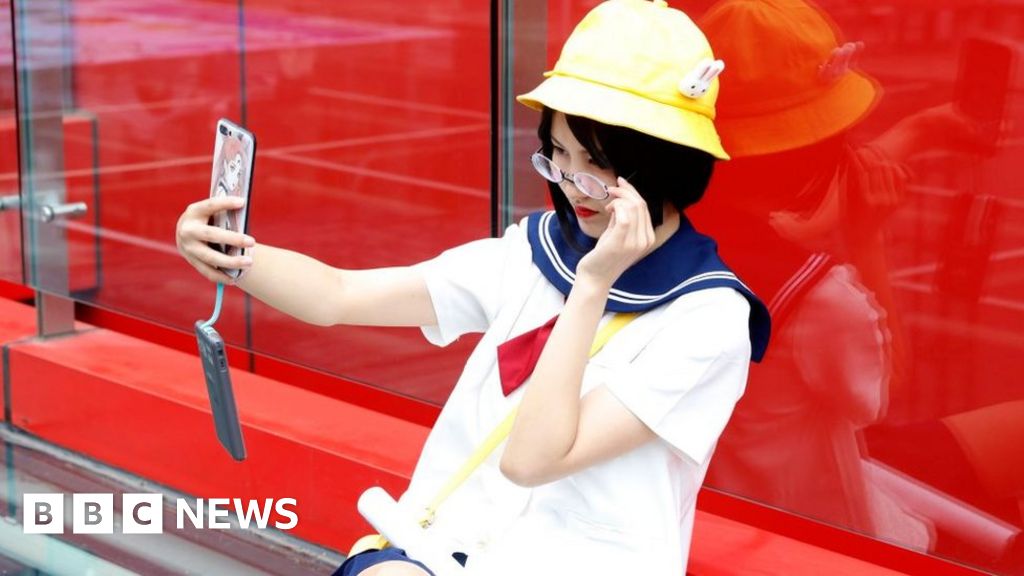- cross-posted to:
- worldnews@lemmy.ml
- cross-posted to:
- worldnews@lemmy.ml
A draft law banning speech and dressing “detrimental to the spirit of Chinese people” has sparked debate in China.
If the law comes into force, people found guilty could be fined or jailed but the proposal does not yet spell out what constitutes a violation.
Social media users and legal experts have called for more clarity to avoid excessive enforcement.
China recently released a swathe of proposed changes to its public security laws - the first reforms in decades.
The clothing law has drawn immediate reaction from the public - with many online criticising it as excessive and absurd.
The contentious clauses suggest that people who wear or force others to wear clothing and symbols that “undermine the spirit or hurt the feelings of the Chinese nation” could be detained for up to 15 days and fined up to 5,000 yuan ($680; £550).



This is the best summary I could come up with:
A draft law banning speech and dressing “detrimental to the spirit of Chinese people” has sparked debate in China.
The proposed legal changes also forbid “insulting, slandering or otherwise infringing upon the names of local heroes and martyrs” as well as vandalism of their memorial statues.
Would its presence in China also count as hurting national feelings," one user posted on Chinese Twitter-like platform Weibo.
She cited one case that drew headlines in China last year where a kimono-clad woman was detained in the city of Suzhou and accused of “picking quarrels and provoking trouble” because she had worn the Japanese garment.
In March this year, police detained a woman donning a replica of a Japanese military uniform at a night market.
And earlier last month, people who wore rainbow print clothing were denied entry to a concert by Taiwanese singer Chang Hui-mei in Beijing.
The original article contains 520 words, the summary contains 145 words. Saved 72%. I’m a bot and I’m open source!